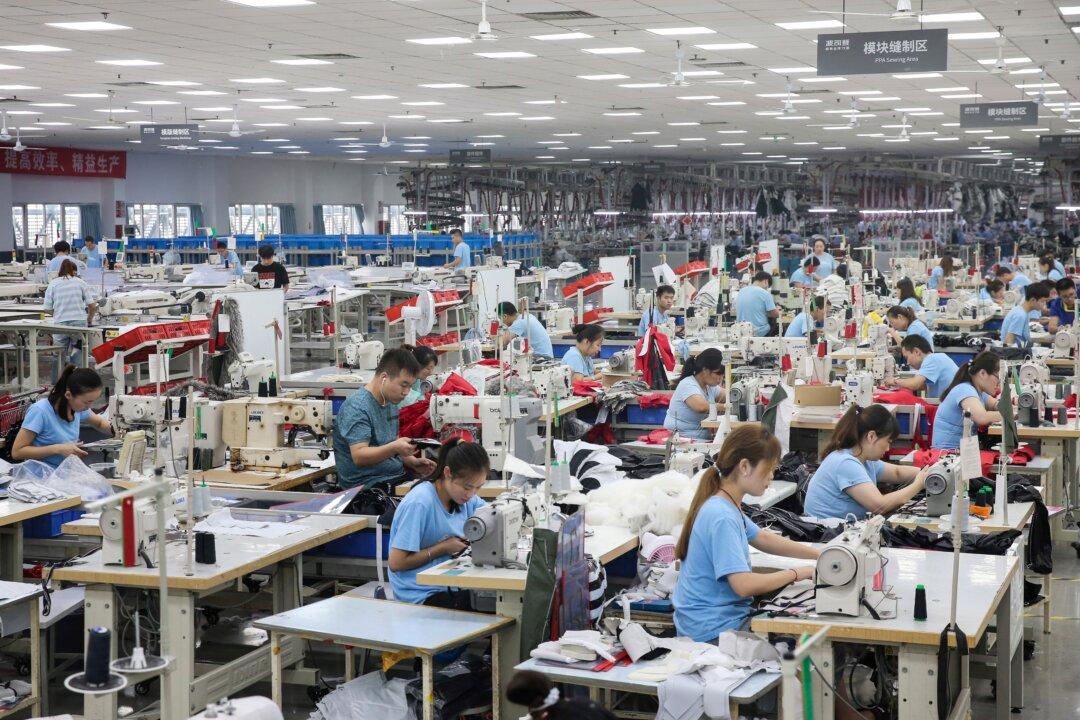WASHINGTON—The severe supply-chain disruptions caused by the pandemic and the rapidly deteriorating image of the Chinese regime because of its mishandling of the CCP virus have forced the United States to rethink its policies of the past few decades toward Beijing.
As the presidential election nears, both candidates, President Donald Trump and former Vice President Joe Biden, have pledged to bring back supply chains and reduce reliance on China as the world’s biggest manufacturer.





